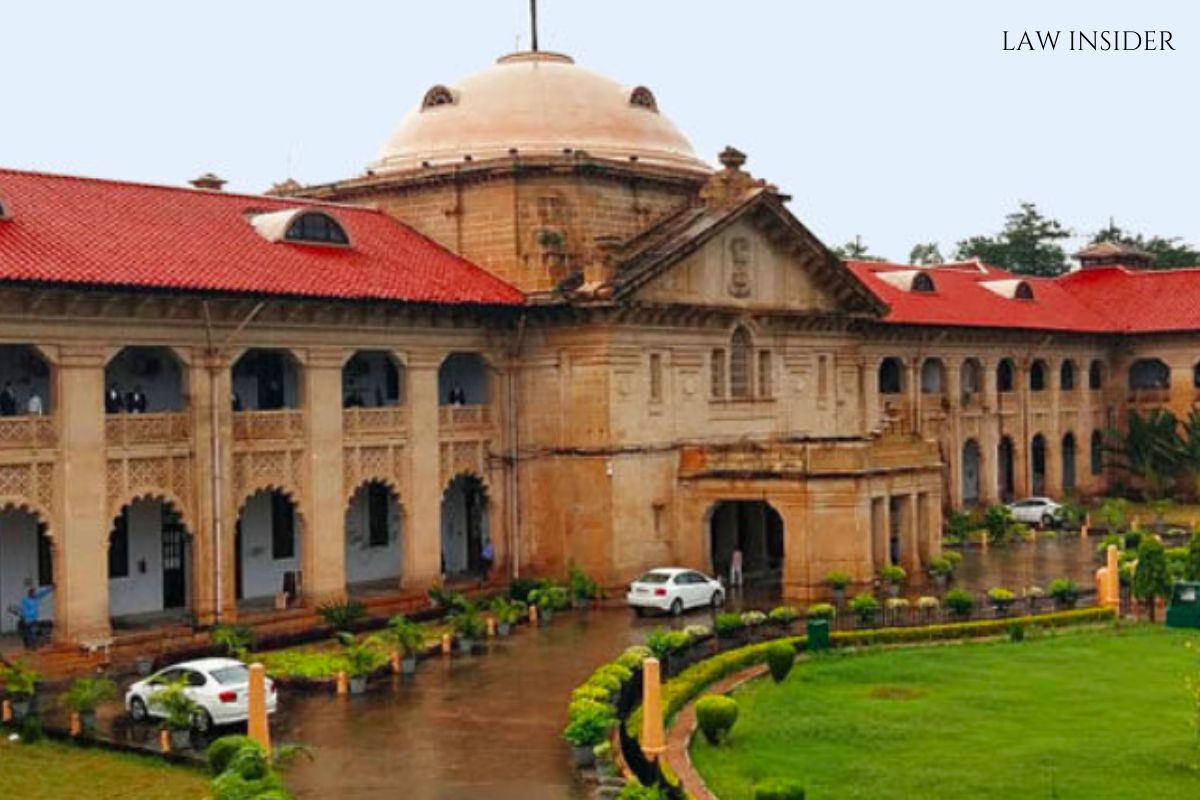LI Network
Published on: February 13, 2024 at 16:10 IST
In a recent ruling, the Allahabad High Court has granted permission for a woman with four biological children to adopt another child, overriding the legal impediments outlined in the Adoption Regulations 2022.
The Central Government, exercising powers under Section 68(c) of the Juvenile Justice (Care and Protection of Children) Act, 2015, had notified the regulations, which include a provision (Rule 5) stating that couples with two or more children can only be considered for adopting special needs or hard-to-place children, unless they are relatives or step-children.
The bench, comprising Justice Saumitra Dayal Singh and Justice Manjive Shukla, acknowledged the legal restriction but emphasized that justice must prevail over rigid laws.
The Court noted that while the law could not prevent the petitioner from giving birth to additional children, it was unjust to deprive her of the opportunity to bring up another child as her own.
The ruling highlighted the complexities involved in taking a child away from those it perceives as parents, especially when there is a pre-existing emotional bond.
The case involved a child, referred to as X, who was handed to the petitioner in 2014 by a third person. Despite having four biological children, the petitioner took in X, and there were no objections from authorities until November 2021. X was abducted by the same person who had initially given the child to the petitioner, leading to a legal dispute.
Following X’s rescue, the District Probation Officer submitted a report stating that X was better off in a State facility than in the care of the petitioner. Despite no complaints against the petitioner’s care, X was moved to a government facility in Agra. The petitioner appealed against the decision, challenging the withdrawal of custody and the rejection of her application for foster care.
The Court, exercising parens patriae jurisdiction, asserted that adoption and foster care have been established practices in societies throughout history and are not to be looked down upon.
The ruling considered the counseling report, emphasizing the bond between the petitioner and X, and concluded that the child only recognized the petitioner as her mother.
The Court criticized the mechanical dismissal of the petitioner’s application by the District Probation Officer based solely on the number of her biological children.
While granting custody to the petitioner, the court acknowledged the inadvertent exposure of X to the realities of adoption due to the legal proceedings, emphasizing the need for justice to outweigh legal concerns.
The ruling suggested that while the adoption application should be considered in accordance with the law, the court’s observations in this unique case should prevent the law from defeating the ends of justice.

